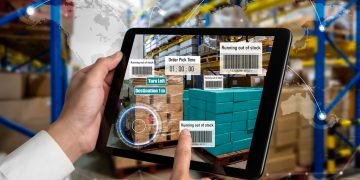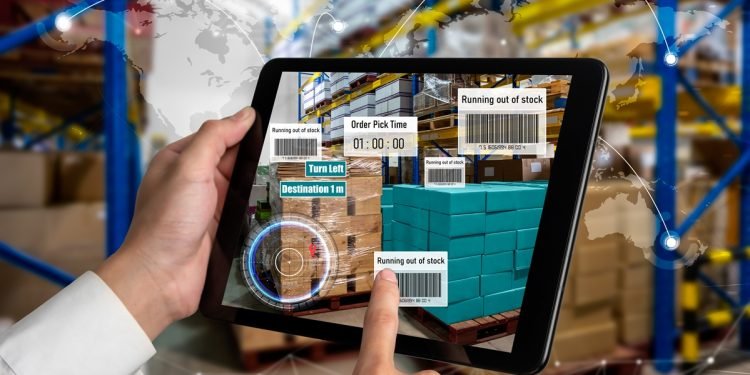The logistics sector is embracing a new era, with Artificial Intelligence (AI) at the forefront of this transformation. From route optimization to warehouse automation, AI is reshaping supply chains, creating faster, smarter, and more sustainable operations. Here’s a deep dive into how leading companies are leveraging AI to revolutionize logistics.
Key Innovations in AI-Driven Logistics
- Route Optimization
Companies like DHL use AI to analyze real-time traffic and weather data to optimize delivery routes.
Results:- Fuel cost savings of 15%.
- Improved on-time delivery rates, reaching 98%.
- Warehouse Automation
Amazon’s robotic systems have revolutionized warehouse operations.
Impacts:- 60% faster order processing.
- Increased inventory accuracy, minimizing errors.
- Real-Time Visibility
Maersk employs AI tools to provide end-to-end tracking of cargo.
Outcomes:- Reduced supply chain disruptions.
- Greater customer satisfaction through transparency.
- Demand Forecasting
AI platforms at Walmart predict customer demand with precision.
Benefits:- 30% lower inventory costs.
- Fewer stockouts and reduced waste in perishables.
- Sustainability
AI-powered logistics operations reduce emissions by optimizing energy use and minimizing empty runs.- UPS saved 50 million liters of fuel annually using AI-driven route planning.
- FedEx introduced autonomous delivery robots, cutting emissions in urban deliveries.
Case Studies: Success Stories in AI Integration
- Amazon Robotics:
Over 520,000 AI-powered robots in warehouses have improved operational efficiency and reduced labor costs.- Orders are fulfilled faster than ever, setting a new standard for e-commerce logistics.
- FedEx Roxo Delivery Robot:
Autonomous robots are handling last-mile deliveries, significantly reducing costs and emissions. - Zalando’s Returns Management:
AI streamlines the returns process, improving processing speed by 25%, enhancing customer satisfaction.
Why AI Matters in Logistics
AI is more than just a tool—it’s a competitive advantage:
- Efficiency: Faster, more reliable logistics.
- Cost Savings: Reduced operational and transportation expenses.
- Sustainability: Greener supply chains aligned with global climate goals.
- Customer Experience: Real-time updates and personalized service drive loyalty.
The Future of AI in Logistics
The next decade will see even more advancements:
- Autonomous Vehicles: Revolutionizing last-mile deliveries.
- Blockchain Integration: Enhancing supply chain transparency.
- Predictive Maintenance: Reducing downtime and improving equipment efficiency.
Conclusion
AI is not just transforming logistics—it’s redefining the industry. Companies that adopt AI-driven solutions are achieving unparalleled efficiency, sustainability, and customer satisfaction. The future of logistics lies in leveraging AI to build smarter, greener, and more resilient supply chains.
Stay updated with The Logistic News for the latest innovations shaping the logistics industry.























